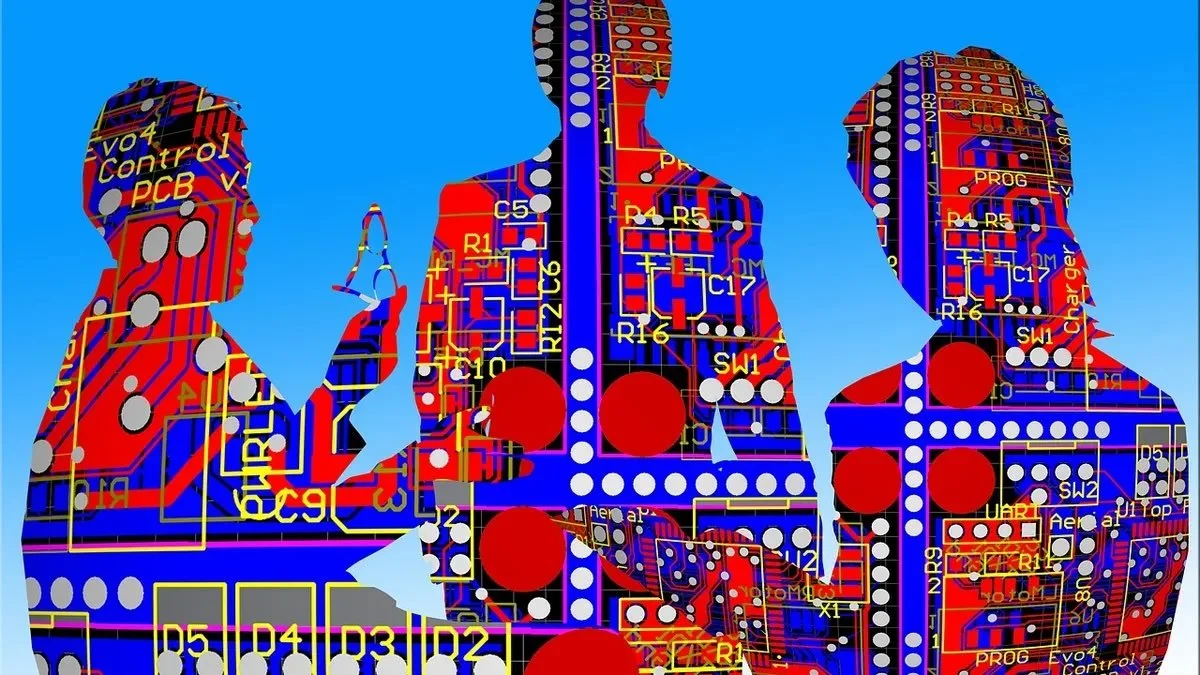How The Story Changed In 2024
Great Communication is About Transformation.
Leadership is measured by the ways we create positive change for others and for our brands. How we perceive change, and the story or storyteller asking (or telling) us to change, depends on our preconceived viewpoints and personal assessments of value or lack of value in moving from how we used to do things to how we're expected to do them moving forward.
Changes or Trends
Every December, Forbes details trends in the year ahead. In December 2023, Forbes warned of an unstoppable onslaught in AI and generative AI in 2024. Check. They prognosticated that NASA would leverage Artemis and The James Webb Telescope to land the first woman and next man on the Moon in 2024. No check. We were told to watch for scientific breakthroughs on a malaria vaccine, a treatment for postpartum depression, therapies for sickle cell disease, and advancements in understanding dementia and memory loss. We got Keytruda for cancer, but the overwhelming news was Ozempic. Forbes said inflation would slow (it did), that the US economy would be the envy of the world (it was), and that Americans would regain confidence and a sense of empowerment (we didn't – and ousted our administration to re-elect a convicted felon). Stories always change, faster and more furious each year it seems.
This December's Forbes business predictions for 2025 say we'll change how we implement AI to augment rather than replace workers. Doubtful. With the pandemic so far in our rear view mirrors, work from home and hybrid models are poised make a power shift back into the office. Already happening. And with 43% of employees feeling "burned out" and 37% so overwhelmed it “impacts their ability to work effectively” we can expect a large focus on workplace contract expectations. Boomers and Gen Xers will need to take a lot of deep breaths on that one.
Skills Are the New Currency
However you personally respond to these supposed trends, and the changes they portent, there's one trend I'll be watching closer and with more interest than any other in 2025: Skills are about to become the new currency.
According to Forbes, our largest values to a brand – our employer's or our own– will no longer be age, experience, textbook knowledge, or existing relationships, but soft skills in people, communication, and workplace partnership. Don't believe me? The data shows that 84% Of Workforce Insists Job Candidates Must Demonstrate Soft Skills. If we still think being “good at our job” is good enough, think again.
A Deloitte Insights study reported that “92% of companies (seek) human capabilities or soft skills more than hard skills” and a “crucial need for empathy, collaboration, and adaptability that can be developed in the same way as playing a musical instrument or being proficient in a sport.” As we head into our AI-assisted, burnt out, magnet-over-mandate, politically uncertain future, our social, emotional, and communicative skills will determine who gets the contract and who gets the boot.
New Year’s Resolution
My own personal business trend for 2025 will be to grow the skill sets of others through my keynotes, speaker coaching, team training, and #CorporateStorytelling thought leadership. If our world has changed – in 2024 or over the past 24 years – to view skills as the new currency, I hope to make a lot of people very rich and very successful.
Anyone looking for an achievable, practical New Year's resolution should commit to improve or increase skills that are shown rather than told. This can be achieved through engaged body language, energized facial and physical expression, kinder demeanor, obvious passion, unflagging inspiration, and a clear, unmistakable desire for value-driven communication excellence.
Bottom Line
We should all embrace the trend to speak less about how important we are and to speak more about the importance of those around us and those we claim to serve. Success will require trusting our hard skill expertise and embracing our leaders' and partners' hunger for soft skills that create differentiation and growth. This is good change. And not just another trend—this one is here to stay.



